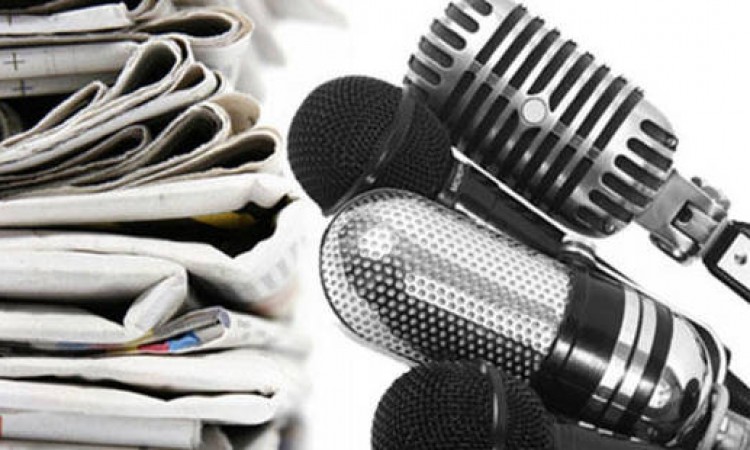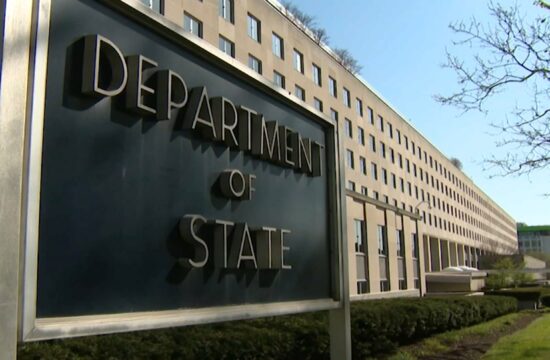
The head of a Balkan media freedom watchdog warned on Tuesday of methodical attacks on independent media which are becoming endemic across eastern Europe.
Balkan Free Media Initiative (BMFI) founder and Director Antoinette Nikolova said the European Union is a passive observer in the face of widespread abuse on its own turf and in its immediate neighbourhood. “EU member states such as Bulgaria are nestled among authoritarian states from the developing world in this year’s Reporters Without Borders’ 2021 World Press Freedom Index, in which Bulgaria ranked a shocking 112th out of 180 countries surveyed. Other Balkan states eyeing accession to the EU, such as Serbia and North Macedonia, are characterised with domestic media markets where independent critical voices are forced to the fringes of public discourse,” she wrote in a piece for the Euractiv portal.
Nikolova said that the EU appears to lack both the will and the tools to improve the situation and warned that the issue cannot be neglected any longer, especially since attacks on media in the Balkans are increasingly sophisticated and far-reaching. “While cases of attacks on journalists are well documented by several organisations, there is not enough attention paid to the insidious practices used by politicians and their allies to control the wider media environment,” she added.
According to Nikolova, the BFMI’s first report on media censorship in Bulgaria, Serbia and North Macedonia listed what it said are the main tools used to manipulate media markets. It said that those include, but are not limited to control of public broadcasters and regulatory authorities tasked with upholding media laws, abuse of weak regulation on transparency of ownership to enable unlawful control of media outlets by governments or their proxies and use of government subsidies to foster clientilism in weak, over-saturated media markets.
Nikolova said that democratic countries such as Italy and the United Kingdom have methods of checks and balances in place to control media influence on politics but that “the less advanced democracies in the Balkans” have inadequate mechanisms to prevent the emergence of abusive systems, In those countries political control of the media risks incapacitating the democratic process, she said.
Nikolova cited the example of her native Bulgaria where it is legal for politicians to own media outlets and some political parties have their own television channels while in Serbia, the state-owned Telekom Srbija, has entered into lucrative partnerships with allies of President Aleksandar Vucic, who have purchased media outlets which have in some cases become noticeably more pro-government in their reporting. In North Macedonia, prominent politicians can circumvent regulations by installing immediate family members as owners of their media assets.
Across the three states, the regulatory bodies designed to uphold the law and prevent abuse of the market are underfunded, while rules for appointing senior management leave them further vulnerable to political interference.
At the same time, saturated media markets mean large numbers of outlets compete for dwindling advertising revenues, leaving media outlets open to clientelism from state contracts as well as private investors. In the case of Bulgaria, non-transparent distribution of funds from the EU itself remains a serious issue.
In North Macedonia, the SDSM government pledged to stop government funding of the media or advertising apart from projects in the public interest of the former. The government’s pledge and other widespread media reforms remain unfulfilled.





Kakvo je tvoje mišljenje o ovome?
Budi prvi koji će ostaviti komentar!